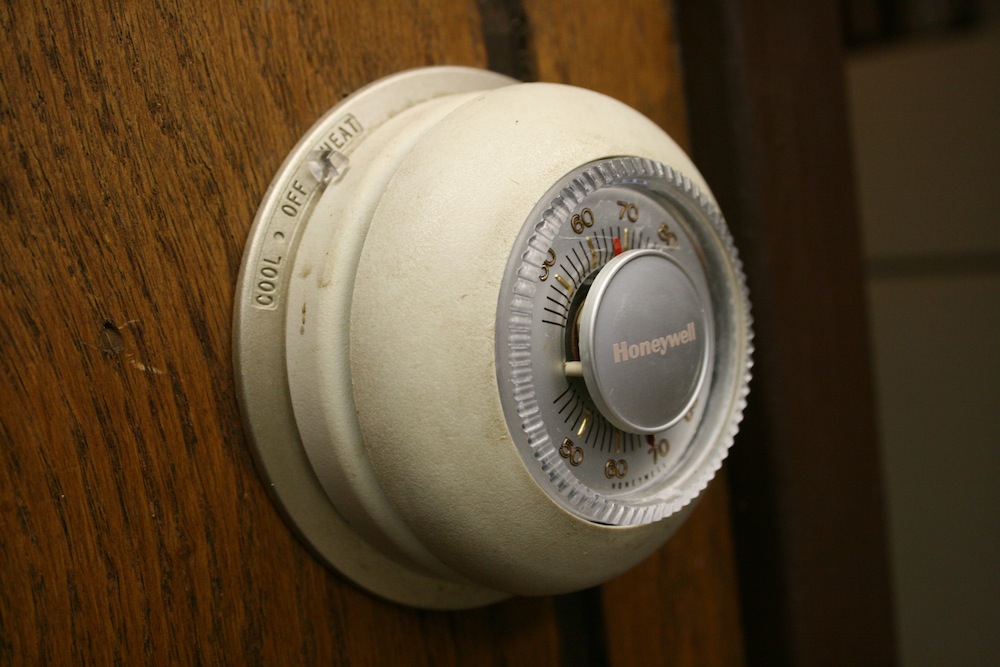Recent research that looks at the method used to determine thermal comfort in ANSI/ASHRAE Standard 55 published in an article, “Energy Consumption in Buildings and Female Thermal Demand,” in Nature Climate Change, misinterpreted data, according to ASHRAE.
“The interpretation of the authors regarding the basis for Standard 55 is not correct,” Bjarne Olesen, Ph.D., a member of the ASHRAE Board of Directors, thermal comfort research and former chair of the Standard 55 committee, said. “The part of the standard they are referring to is the use of the PMV/PPD index. This method is taken from an ISO/EN standard 7730, which has existed since 1982. The basic research for establishing comfort criteria for the indoor environment was made with more than 1,000 subjects with an equal amount of women and men.
“In the main studies, where they did the same sedentary work and wore the same type of clothing, there were no differences between the preferred temperature for men and women. So the researchers’ finding of a lower metabolic rate for females will not influence the recommended temperatures in the existing standards. Also their study is not conclusive. They only studied 16 females at a sedentary activity.
“They should also have studied 16 men at the same activity to be able to compare. The reason why we, in some field studies, find that women prefer higher room temperature than men is attributed to the level of clothing. Women better adapt their clothing to summer conditions while men are still wearing suits and ties. So if the thermostat is set to satisfy the men, the women will complain about being too cold. In the standard, this adaption of clothing to summer is taken into account. So if the standard is followed, the women would be satisfied; but maybe not the men.”
Related Stories
K-12 Schools | Apr 18, 2023
ASHRAE offers indoor air quality guide for schools
The American Society of Heating, Refrigerating and Air-Conditioning Engineers (ASHRAE) has released a guide for educators, administrators, and school districts on indoor air quality. The guide can be used as a tool to discuss options to improve indoor air quality based on existing HVAC equipment, regional objectives, and available funding.
Smart Buildings | Apr 7, 2023
Carnegie Mellon University's research on advanced building sensors provokes heated controversy
A research project to test next-generation building sensors at Carnegie Mellon University provoked intense debate over the privacy implications of widespread deployment of the devices in a new 90,000-sf building. The light-switch-size devices, capable of measuring 12 types of data including motion and sound, were mounted in more than 300 locations throughout the building.
Affordable Housing | Apr 7, 2023
Florida’s affordable housing law expected to fuel multifamily residential projects
Florida Gov. Ron DeSantis recently signed into law affordable housing legislation that includes $711 million for housing programs and tax breaks for developers. The new law will supersede local governments’ zoning, density, and height requirements.
Energy Efficiency | Apr 7, 2023
Department of Energy makes $1 billion available for states, local governments to upgrade building codes
The U.S. Department of Energy is offering funding to help state and local governments upgrade their building codes to boost energy efficiency. The funding will support improved building codes that reduce carbon emissions and improve energy efficiency, according to DOE.
Resiliency | Apr 4, 2023
New bill would limit housing sprawl in fire- and flood-prone areas of California
A new bill in the California Assembly would limit housing sprawl in fire- and flood-prone areas across the state. For the last several decades, new housing has spread to more remote areas of the Golden State.
Sustainability | Apr 4, 2023
ASHRAE releases Building Performance Standards Guide
Building Performance Standards (BPS): A Technical Resource Guide was created to provide a technical basis for policymakers, building owners, practitioners and other stakeholders interested in developing and implementing a BPS policy. The publication is the first in a series of seven guidebooks by ASHRAE on building decarbonization.
Multifamily Housing | Mar 24, 2023
Washington state House passes bill banning single-family zoning
The Washington state House of Representatives recently passed a bill that would legalize duplexes or fourplexes in almost every neighborhood of every city in the state.
Multifamily Housing | Mar 24, 2023
Momentum building for green retrofits in New York City co-ops, condos
Many New York City co-op and condo boards had been resistant to the idea of approving green retrofits and energy-efficiency upgrades, but that reluctance might be in retreat.
Legislation | Mar 24, 2023
New York lawmakers set sights on unsafe lithium-ion batteries used in electric bikes and scooters
Lawmakers in New York City and statewide have moved to quell the growing number of fires caused by lithium-ion batteries used in electric bikes and scooters.
Codes and Standards | Mar 24, 2023
Changes to ICC building codes development process aimed at more in-depth vetting of proposals
The changes will take effect in 2024-2026 for the development of the 2027 International Codes (I-Codes). They will move the development process to an integrated and continuous three-year cycle.

















